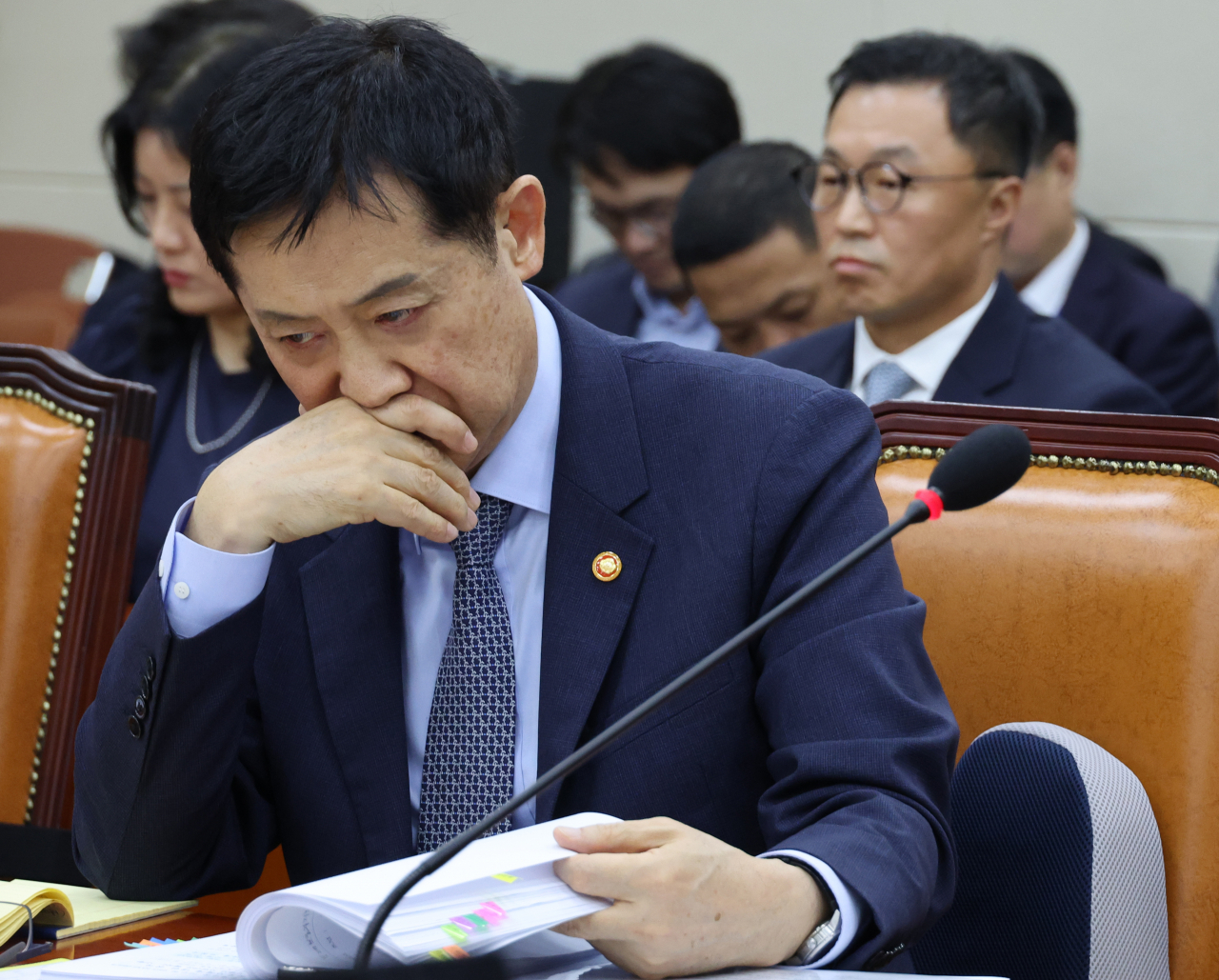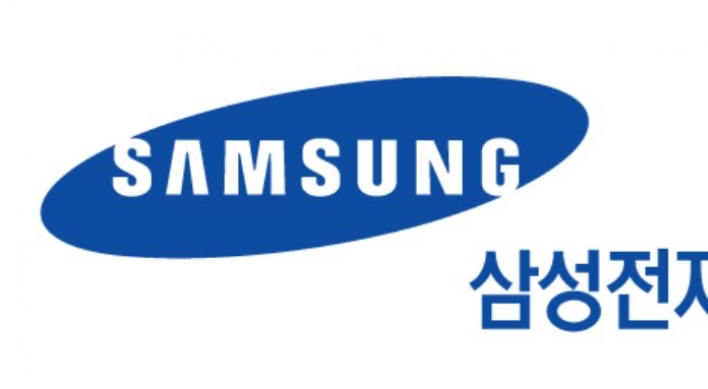Over 90% of fines for illegal short selling imposed on foreign firms
Korean investors petition to toughen short selling rules
By Song Seung-hyunPublished : Oct. 15, 2023 - 15:31

More than 90 percent of all fines for illegal short selling of stocks have been issued to foreign financial firms, government data showed, amid calls from Korean retail investors for stricter regulation.
According to Financial Services Commission data submitted to Rep. Yun Ju-kyung of the ruling People Power Party, the regulator dealt with 45 cases of illegal short selling in the first eight months of the year, with total fines exceeding 10.7 billion won ($7.9 million).
Of the 45 cases, 23 involved foreign firms, accounting for half of the total. But the fines imposed on foreign institutions amounted to 9.89 billion won, 92 percent of the total amount of fines.
A common form of illegal short selling in Korea is naked short selling, wherein investors sell listed securities without first borrowing them or confirming that they can be borrowed.
Those found in violation of this practice may face penalties such as imprisonment for one year or longer, or fines amounting to three to five times the profits acquired or losses evaded through the violation.
Additionally, the Korean government currently permits short selling of only Kospi 200 and Kosdaq 150 stocks.
The number of cases of illegal short selling has been increasing in recent years, with four cases in 2020, 16 cases in 2021 and 32 cases in 2022.
The fines imposed have also increased significantly. The fines totaled 700 million won in 2020 and 900 million won in 2021, but increased to 3.2 billion won in 2022.
According to financial authorities, this increase is due to more active investigations into short selling and also the introduction of penalty surcharges in April 2021.
Before the introduction of the penalty surcharges, only administrative fines were imposed for illegal short selling, but these fines, unlike penalty surcharges, could not recoup the profits earned from the illegal trades.
In addition to the FSC data, the Financial Supervisory Service recently announced that two Hong Kong-based global investment banks had violated naked short selling rules. They had shorted up to a combined 56 billion won of securities, the FSS said.
"These firms are expected to be issued the largest fines since the introduction of the penalty surcharge system,” an FSS official said. The two banks were not named.
Despite the heightened attention on regulating and imposing penalties for illegal short selling, there is a growing sentiment among Korean investors that stricter regulations are needed to address this issue.
A petition posted on the website of the National Assembly on Oct. 4, calling for improvement of the short selling system for the stability and fairness of the securities market, was signed by more than 50,000 people.
This means the petition will be submitted to the parliamentary National Policy Committee and the Legislation and Judiciary Committee for review.
The petitioner asked for a system enhancement specifically to limit naked short selling, which is currently managed manually .
This reignited discussions on the need to computerize the system, which has been under discussion as a measure to prevent naked short selling for a long time.
However, when asked about applying a computerized system during a recent parliamentary audit on Wednesday, FSC Chairman Kim Joo-hyun said it would not be easy.
"There is no technical means to enforce it," he said.





![[KH Explains] No more 'Michael' at Kakao Games](http://res.heraldm.com/phpwas/restmb_idxmake.php?idx=644&simg=/content/image/2024/04/28/20240428050183_0.jpg&u=20240428180321)



![[Grace Kao] Hybe vs. Ador: Inspiration, imitation and plagiarism](http://res.heraldm.com/phpwas/restmb_idxmake.php?idx=644&simg=/content/image/2024/04/28/20240428050220_0.jpg&u=)









![[Herald Interview] Xdinary Heroes shoot for the next level with 'Troubleshooting'](http://res.heraldm.com/phpwas/restmb_idxmake.php?idx=642&simg=/content/image/2024/04/29/20240429050745_0.jpg&u=)